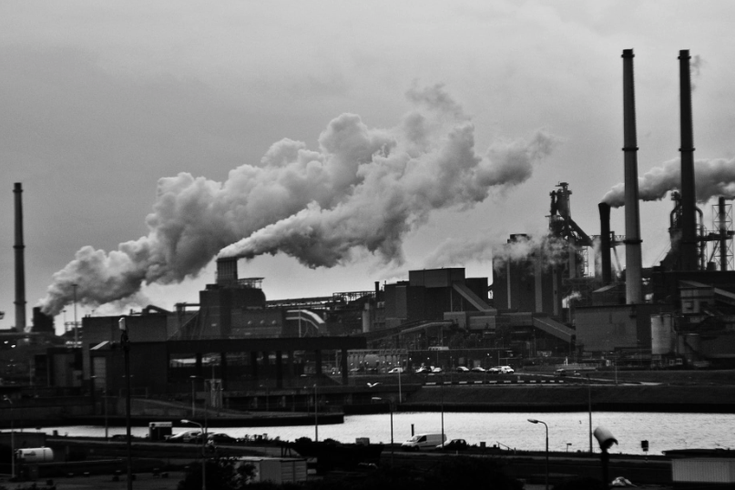
October 10, 2019
 Frans Van Heerden/Pexels.com
Frans Van Heerden/Pexels.com
Ambient air pollution has a negative impact on proteins that play a vital role in hair growth, according to new research.
Hair loss affects as many as two thirds of men under the age of 35, while approximately 30 million in the United States also suffer from androgenetic alopecia.
While patterned genetic hair loss is generally considered the most common cause of permanent hair loss, researchers are beginning to explore environmental factors that may be contributing to the condition in men and women.
The Future Science Research Centre, a branch of a cosmetics company based in Korea, recently presented findings on the relationship between air pollution and proteins involved in hair growth. The findings were presented at the 28th European Academy of Dermatology and Venereology (EADV) Congress, according to Medical News Today.
Researchers looked the effects of particulate matter — a chemical mix of solid matter and liquid droplets — affected human follicle dermal papilla cells (HFDPCs).
Twenty-four hours after exposure to dust and diesel particulate matter, scientists found that the HFDPCs had reduced levels of beta-catenin, a protein critical in the process of hair growth. Other proteins, including cyclin D1, cyclin E, and CDK2, also saw levels reduced with more exposure to the particulate matter.
inhalable pollutants have been linked to a variety of diseases, from cancer to cardiovascular disease. Their effects on hair loss have not been as thoroughly researched, partly because more serious effects of ambient air pollution are lethal to more than 4.2 million people each year, according the World Health Organization.
The Future Science Research Centre hopes to expand on its findings in order to better understand how our environments interact with hair loss.